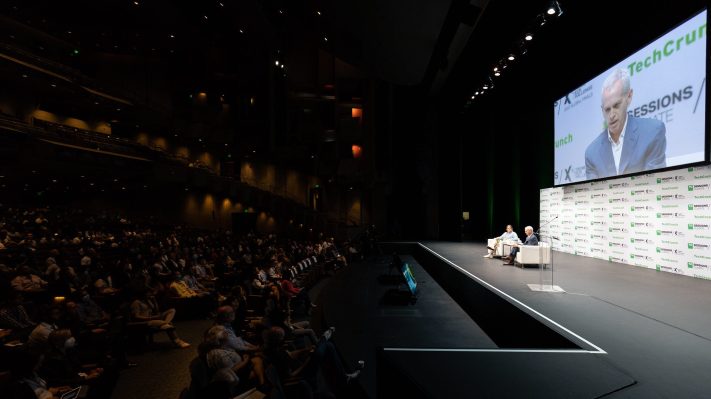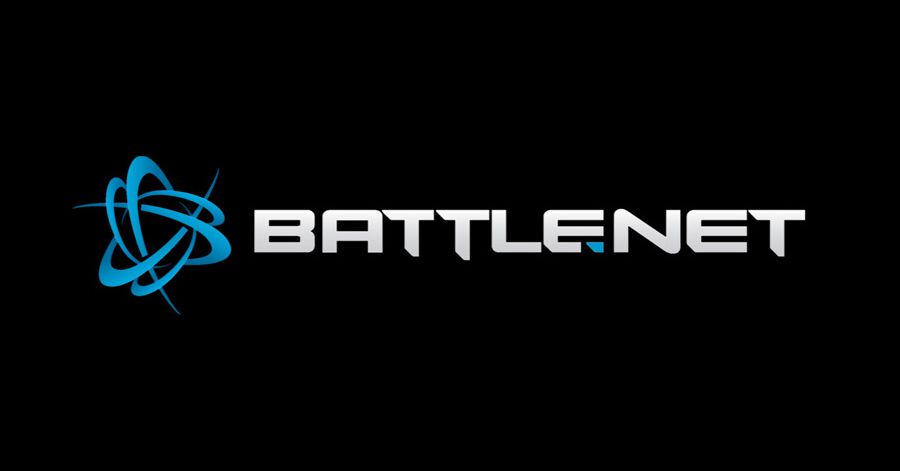Tortoise co-founder Dmitry Shevelenko: ‘You can’t do too many things at the same time’ – TechCrunch
For a company named after a slow reptile, Silicon Valley startup Tortoise has made some quick pivots into new business models over the past year.
Co-founded in 2019 by ex-Uber executive Dmitry Shevelenko, the company began with a mission of being the operating system for micromobility vehicles, one that uses remote operators to reposition shared electric scooters to locations where prospective riders are or send them back to the warehouse for a charge.
In January 2021, Tortoise began working with shared micromobility operator Spin to test three-wheeled scooters embedded with Tortoise’s repositioning software.
But right before the company scored its Spin pilot, it started realizing the potential behind remote positioning and all the cameras and sensors the company had placed on scooters. With COVID-19 causing the burgeoning shared micromobility industry to take a nose dive at the same time as people, huddled indoors, began to demand quick delivery services, Shevelenko realized it “would be malpractice” not to pursue the robotic sidewalk delivery.
Tortoise started delivering with smaller local clients first, and then with big names like grocery story chain Albertson’s, nationwide logistics company AxelHire, and convenience store chain KRS. All signs were pointing to sidewalk delivery being a success.
But then…
In early March 2022, Tortoise pivoted again, vowing to focus entirely on mobile smart stores, which are essentially fancy vending machines placed on top of Tortoise’s delivery robots and located outside retailers. Now, Tortoise has moved from a hardware-as-a-service model to a take-rate scheme that gives it 10% of any sales made from its card payment-enabled bots, whether it’s a box of pastries from a bakery or brand new headphones from an electronics store.
Shevelenko, who served as Uber’s director of business development and was behind its acquisition of Jump bikes, says these pivots are just the beauty of a startup that’s responsive to market changes. The founder has advised or been on the board of a number of mobility and tech companies, including Skip, Superpedestrian, Codi, Payfare, Skyryse, SpotHero and Cargo Systems.
While Tortoise is his first time starting a company, Shevelenko is well versed in the factors that can cause a startup to win and lose.
We sat down with Shevelenko to talk about everything from Tier’s acquisition of Spin and the future of micromobility, how to own changing business directions, the difficulties in sidewalk robot delivery and the agility of startups.
The following interview, part of an ongoing series with founders who are building transportation companies, has been edited for length and clarity.
TC: At Uber, you were behind a lot of new mobility segments and the acquisition of Jump bikes. What do you think is the value of companies having multiple pillars, instead of just doing one thing really well?
Dmitry Shevelenko: For Uber, as a consumer-centric company, it’s ultimately a strategy of capturing all your transportation spend. The ultimate end state here — and this is why I think they’re putting so much money behind this Uber One subscription — is transportation-as-a-subscription product.
Ultimately, the way to win is to aggregate all the different ownership models so it’s shared, rented and owned. Dmitry Shevelenko
It’s not really effective for Uber and Lyft to try to win your business one trip at a time by offering you special incentives. If people are constantly switching back and forth between Uber and Lyft, they both lose. So the way to win is not by competing on a per-trip basis, but almost on an annual basis. How can you lock somebody in to be yours for a year? I think the essential nature of that consumer lock-in means you need to have more than just rideshare, right?
I think in rideshare, bundling is essential, because rideshare will have ups and downs. But the demand for transportation is constant. So if you have multiple modes, you’re always going to be doing well.
Tortoise’s original idea of repositioning scooters didn’t pan out in part because of the pandemic, but do you think it’s still a good idea?
Oh, absolutely. It’s just purely a function of sequencing and relative prioritization. The only reason delivery got so good, and there’s so much demand for it is because of COVID, too, right? It’s not only shared scooters that became bad.



